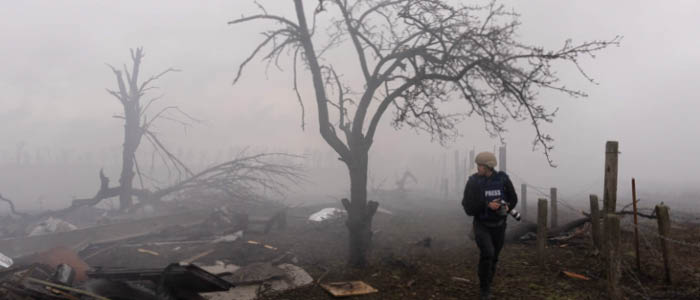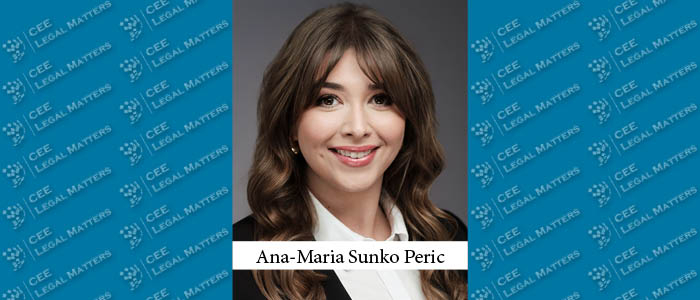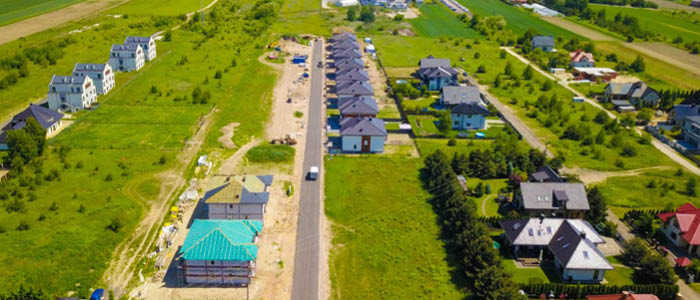Imagine that an investor wants to get hold of agricultural land for its project, and therefore needs the land to be rezoned as a buildable area so as to enable the envisaged project to go forward.
In general, investors may have to deal with two main scenarios, depending on whether the land located outside the city limits is classified as permanent pastures or just as agricultural land.
If the land is located within the city limits, the potential restrictions set out here are in general not applicable.
Plots classified as permanent pastures located outside the city limits
The Government Emergency Ordinance no. 34/2013 on the organization, administration and operation of permanent pastures (“OUG 34/2013”) provides, as a general rule, that it is forbidden to permanently or temporarily remove the permanent pastures located outside the city limits from the agricultural use.
Removing permanent pastures located outside the city limits from agricultural use is allowed in a limited number of cases, including:
- If the land is necessary for new renewable energy production capacities;
- If the land is necessary for operations and works related to the exploration, development, exploitation of crude oil and other natural mineral resources, carried out on the basis of oil concession agreements; operations and construction works in connection therewith; and operations related to the extraction, storage, processing, transport, distribution and marketing of crude oil production and natural mineral resources.
Nevertheless, the following should be stressed:
- A zonal urban plan (“PUZ”) may be required along with other documents, including a specific permit issued by the Ministry of Agriculture and Rural Development;
- Usually, obtaining a PUZ is a lengthy procedure;
- In all cases, the change of permanent pastures into land suitable for development is contingent upon the beneficiary’s obligation to recover from the non-productive lands an area equal to the one approved to be definitively removed from agricultural use.
Plots classified as agricultural land located outside the city limits
Starting from October 13, 2020, Law 17/2014 on agricultural lands located outside the city limits was thoroughly amended, one of the main modifications, although sometimes overlooked, being related to the rule of “unchangeable use of agricultural land in case of plots located outside city limits”.
Under this law, it appears that the owners of plots classified as agricultural land located outside the city limits must keep it in agricultural use, namely: continue to carry out the agricultural business as conducted at the date of the land acquisition.
The above-mentioned provisions of Law 17/2014 are widely criticized for the following reasons:
- The text does not provide for a time limitation for not changing the use of the agricultural land;
- It is unclear if the rule applies to all landowners or it concerns only the new land owners, i.e. the ones that purchased land after October 13, 2020;
- It may be seen as a serious impairment of the ownership right (which also includes the right to use the asset for a different purpose than that for which it was originally acquired);
- It is also unclear how these new provisions correlate with existing rules on removal of land from agricultural use, which (at least formally) are still in full force and effect;
- It is unclear whether a PUZ for extending the city limits, and thus including the agricultural land in the buildable area, will still be approved by the local authorities;
- It could have a significant impact on energy security, competitiveness and investors’ confidence. More specifically, the investors in the renewable energy sector claimed the decision might lead to a rise in energy prices for consumers at a time when the country is a net power importer;
- Failure to continue to observe the agricultural use can result in fines ranging between €20,000 and €40,000.
The result of this lack of clarity of the legal text is that, in practice, investors active in green energy, oil and gas or industrial/ logistics might find it difficult to implement new developments on agricultural land located outside the city limits.
Draft bill targeting amendments to Law 17/2014
The aforementioned rule is envisaged to be entirely repealed through a draft bill submitted to the Romanian Senate at the beginning of April 2021 (the “Draft Bill”). Currently, the Draft Bill is under debate before the various parliamentary committees involved in the legal approval.
If the Draft Bill passes in its current form, it may boost the development of logistics, oil and gas and RES projects on plots classified as agricultural land located outside the city limits.
Conclusions
In brief, developing industrial/logistics, oil and gas, as well RES projects on a plot of land depends on its classification as pastures/agricultural land and/or as land located inside or outside the city limits. Consequently, the key rules may be summarized as follows:
- Permanent pastures located inside the city limits: development possible – building permit procedure required.
- Permanent pastures located outside the city limits: development possible, subject to specific formalities/requirements.
- Agricultural land located within the city limits: development possible - building permit procedure required.
- Agricultural land located outside the city limits: Could be problematic, given the ambiguity of the law text, as well as the lively debate around the subject.
This is why a diligent investor should seek qualified legal advice for a case-by-case analysis and in order to mitigate the risks. Our experts are available to help investors in identifying the most efficient solution in this controversial area.
By Cristian Popescu, Partner, and Bogdan Papandopol, Partner, Dentons



























